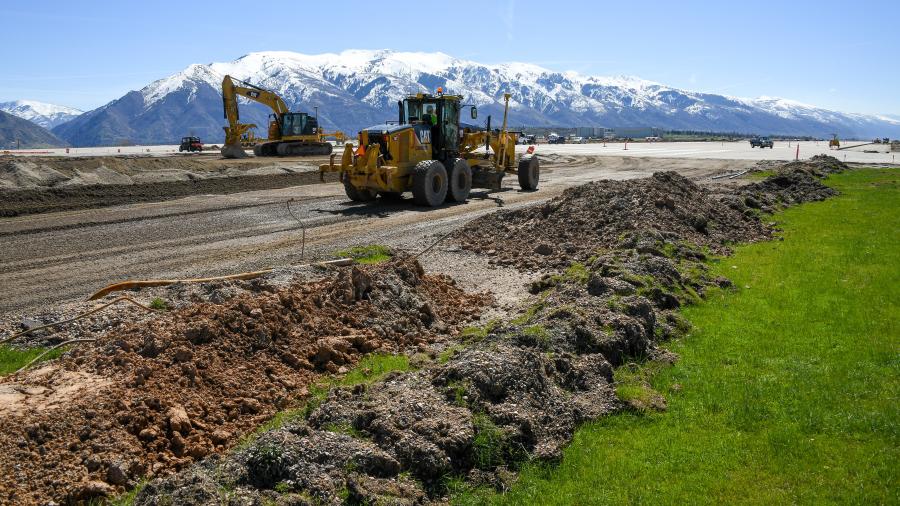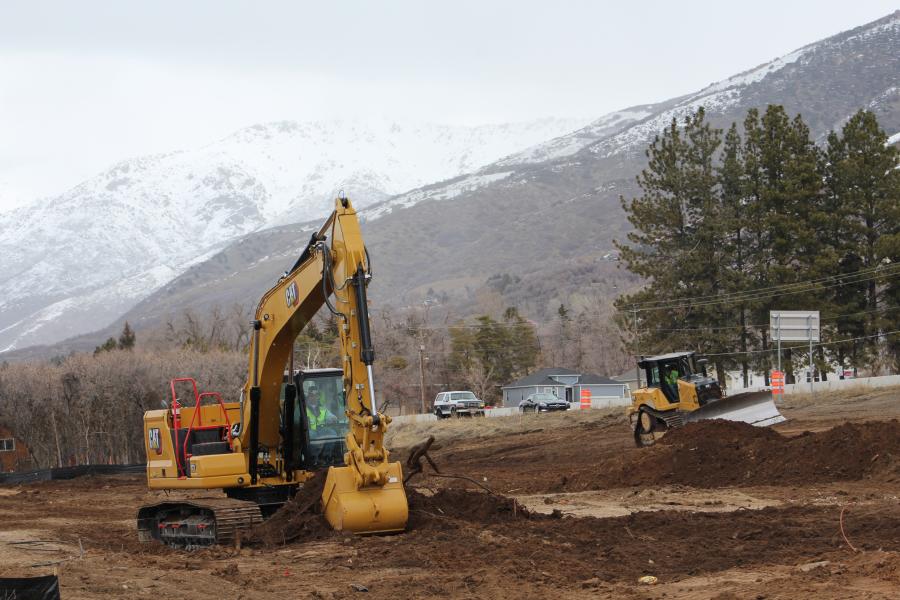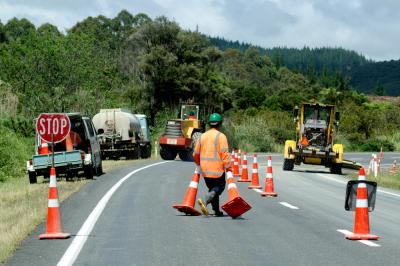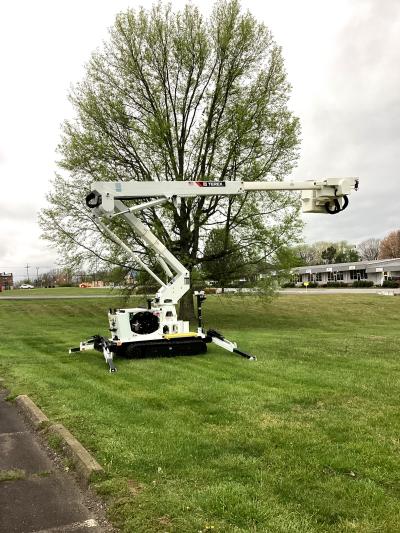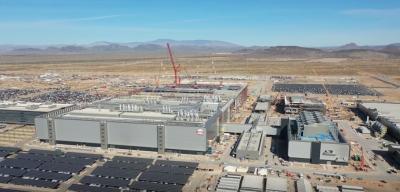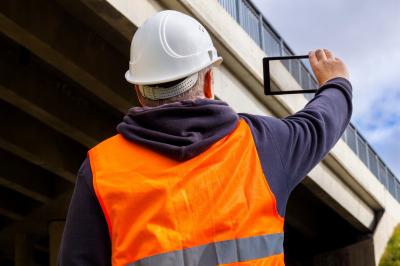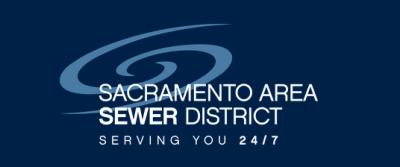Infrastructure in Utah is expected to get a big boost when the state receives approximately $2.6 billion over five years for highways and bridges from the Bipartisan Infrastructure bill.
The Bipartisan Infrastructure Law is the largest long-term investment in the United States infrastructure and competitiveness in nearly a century. Recently released state-level data demonstrates that the Bipartisan Infrastructure Law will deliver numerous construction upgrades for the Beehive state.
Infrastructure in Utah is expected to get a big boost when the state receives approximately $2.6 billion over five years for highways and bridges from the Bipartisan Infrastructure bill.
The investment can't come soon enough since the American Society of Civil Engineers gave Utah a C+ on its most recent infrastructure report card.
Based on formula funding alone, Utah would expect to receive approximately $2.6 billion over five years for highways and bridges. On an average annual basis, this represents approximately 33 percent more than the state's federal-aid highway formula funding under current law. Utah also can compete for the $12.5 billion Bridge Investment Program for economically significant bridges and $15 billion of national funding in the law dedicated to megaprojects that will deliver substantial economic benefits to communities. Utah also can expect to receive approximately $57 million over five years in formula funding to reduce transportation-related emissions, in addition to about $65 million over five years to increase the resilience of its transportation system.
Specifically, with regard to transportation construction, the Bipartisan Infrastructure Law will:
Repair and rebuild Utah's roads and bridges with a focus on climate change mitigation, resilience, equity and safety for all users, including cyclists and pedestrians. In Utah there are 62 bridges and more than 2,064 mi. of highway in poor condition.
Since 2011, commute times have increased by 7.2 percent in Utah, and on average, each driver pays $709 per year in costs due to driving on roads in need of repair.
The Bipartisan Infrastructure Law is the single largest dedicated bridge investment since the construction of the interstate highway system.
Improving the safety of the transportation system. The Bipartisan Infrastructure Law invests $13 billion over the Fixing America's Surface Transportation (FAST) Act levels directly into improving roadway safety. Over five years, Utah will receive approximately $19 million in 402 formula funding for highway safety traffic programs, which help states to improve driver behavior and reduce deaths and injuries from motor vehicle-related crashes. On an average annual basis, this represents about a 29 percent increase over FAST Act levels.
Local and tribal governments in Utah also will be eligible to compete for $6 billion in funding for a new Safe Streets for All program, which will provide funding directly to these entities to support their efforts to advance "vision zero" plans and other improvements to reduce crashes. In addition, Utah can expect to receive approximately $24.7 million over five years in funding to augment their commercial motor vehicle (CMV) safety efforts to reduce CMV crashes through the Federal Motor Carrier Safety Administration's Motor Carrier Safety Assistance Program (MCSAP) formula grant. This represents about a 64 percent increase in funding compared to FAST Act levels. Utah will be able to apply for funds to modernize data collection systems to collect near real time data on all reported crashes, including fatal ones, to enhance safety and to allow the Department to understand and address trends as they are identified.
Improve healthy, sustainable transportation options for millions of Americans. Utahns who take public transportation spend an extra 103.5 percent of their time commuting. Based on formula funding alone, Utah would expect to receive approximately $665 million over five years under the Bipartisan Infrastructure Law to improve public transportation options across the state. In the first year, this represents about a 38 percent increase over 2021 FAST Act formula transit funding levels.
Modernize and expand passenger rail and improve freight rail efficiency and safety. The Bipartisan Infrastructure Law includes $66 billion above baseline to eliminate the Amtrak maintenance backlog, modernize the Northeast Corridor and bring rail service to areas outside the northeast and mid-Atlantic.
Utah will be eligible to compete for $5 billion for rail improvement and safety grants and $3 billion for grade crossing safety improvements.
Improve the nation's airports. The United States built modern aviation, but U.S. airports lag far behind its competitors. Under the Bipartisan Infrastructure Law, airports in Utah would receive approximately $181 million for infrastructure development for airports over five years. This funding will address airside and landside needs at airports, such as improving runways, taxiways and airport-owned towers, terminal development projects and noise reduction projects. In addition, $5 billion in discretionary funding is available over five years for airport terminal development projects that address the aging infrastructure of the nation's airports, including projects that expand accessibility for persons with disabilities, improve access for historically disadvantaged populations, improve energy efficiency and improve airfield safety.
Build a network of EV chargers to facilitate long-distance travel and provide convenient charging options. The U.S. market share of plug-in electric vehicle (EV) sales is only one-third the size of the Chinese EV market — in 2020, plug-in electric vehicles made up only 2.3 percent of new car sales in the U.S., compared to 6.2 percent in China. The President believes that must change.
The law invests $7.5 billion to build out the first-ever national network of EV chargers in the United States and is a critical element in the Biden-Harris Administration's plan to accelerate the adoption of EVs to address the climate crisis and support domestic manufacturing jobs. Under the Bipartisan Infrastructure Law, Utah would expect to receive about $36 million over five years to support the expansion of an EV charging network in the state. Utah will also have the opportunity to apply for grants out of the $2.5 billion available for EV charging.
Today's top stories



